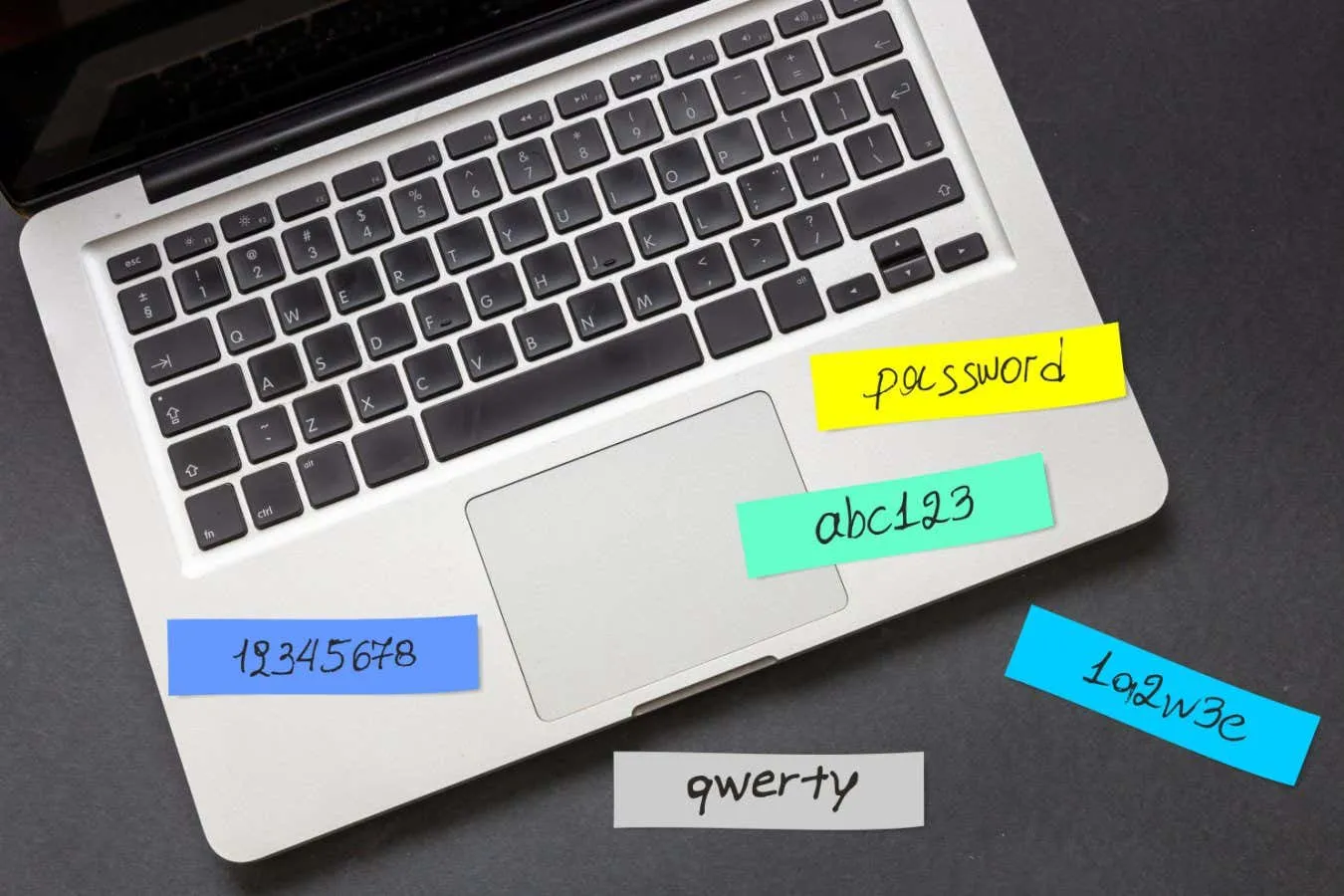Security Standards Shift: Why Periodic Password Changes are No Longer Recommended

Understanding the New Security Guidelines
Recent recommendations from a US standards agency have sparked a significant shift in security practices. According to these guidelines, organizations should reconsider the necessity of periodic password changes. This decision is largely driven by findings from extensive security research.
Why Frequent Changes May Be Counterproductive
- Users often create weaker passwords when forced to change them frequently.
- Security fatigue may lead to unsafe practices, such as reusing old passwords.
- Longer, more secure passwords that are not changed regularly provide better protection.
In light of these insights, it’s essential for organizations to adapt their security policies. A shift from traditional practices can bolster password security and enhance user experience.
The Future of Password Security
- Encourage the use of password managers for intricate passwords.
- Implement multi-factor authentication to enhance security.
- Educate users about creating strong passwords.
These recommendations aim to create a more secure and user-friendly environment, aligning with modern security standards.
This article was prepared using information from open sources in accordance with the principles of Ethical Policy. The editorial team is not responsible for absolute accuracy, as it relies on data from the sources referenced.